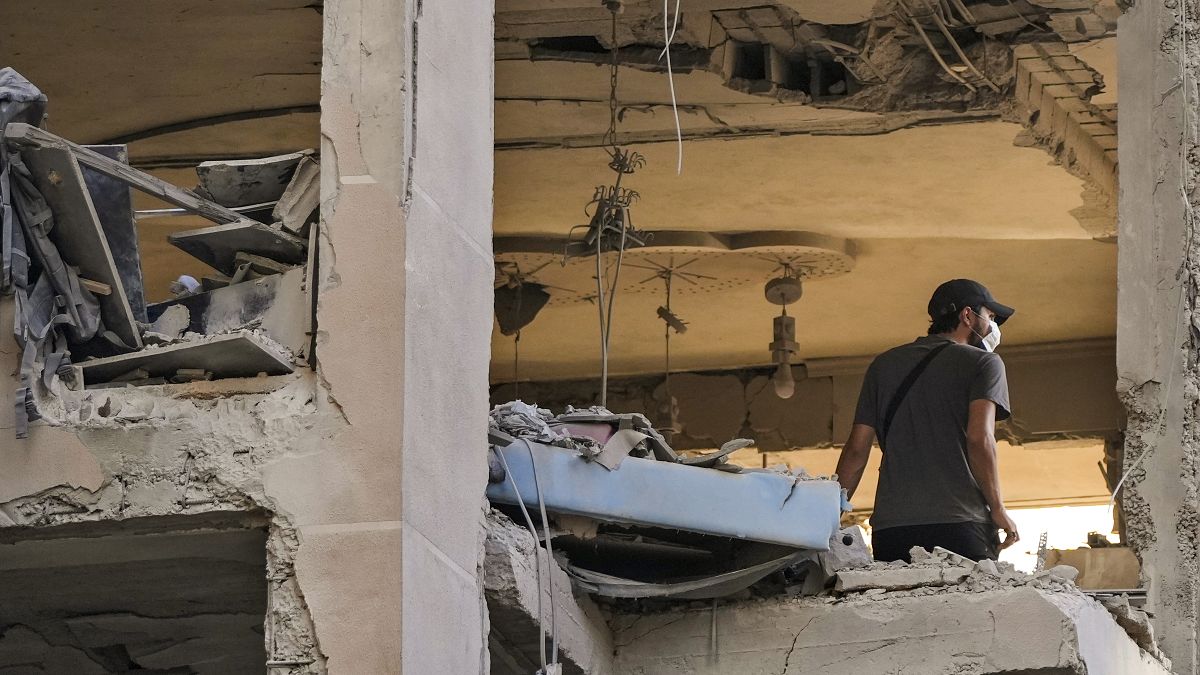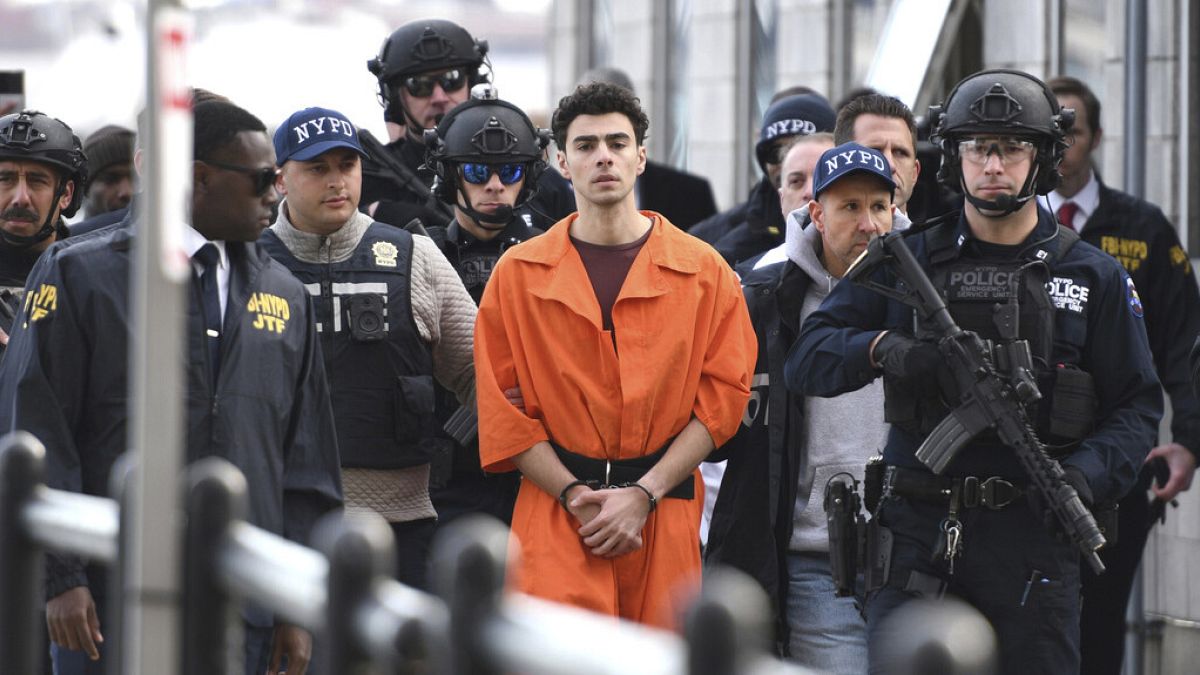UNIFIL says mission is in ‘difficult period’ in Lebanon

Established in 1978 its more than 10,000 peacekeepers from 50 countries have been regularly patrolling the Blue Line, the UN-drawn border between Lebanon and Israel, while also engaging in efforts to de-escalate tensions between the two sides.
Since the 2006 war, the UNIFIL mission has never witnessed a more tense situation in Lebanon, said a spokesperson for the peacekeeping mission.
Established in 1978 its more than 10,000 peacekeepers from 50 countries have been regularly patrolling the Blue Line, the UN-drawn border between Lebanon and Israel, while also engaging in efforts to de-escalate tensions between the two sides.
After Israel launched a new wave of attacks across Lebanon, hitting what it called Hezbollah targets, the country is now facing a new humanitarian crisis.
Over 600 people have been killed and more than 90,000 have been newly-displaced in the country, according to the International Organization for Migration.
Speaking to Euronews, a UNFIL spokesperson described the challenges the mission is facing.
“This is certainly the most difficult period for the mission and the country have faced since 2006 and perhaps even before,” Andrea Tenenti said.
“The intensity of bombardments is unprecedented compared to the last 13 months. Since last October cross-border firing has never stopped. In the past four, five days the death toll has almost reached 2006 levels.”
The current situation, Tenenti said, is disrupting the peacekeeping mission’s activities.
“Our troops mainly remain in the 50 bases that we have close to the Blue Line. It’s difficult to monitor the situation,” he explained.
“We do so by using our radars, but the main thing is the mediation activities that are being carried out by the Head of mission which need the support of the international community.”
Preparing a ground offensive
Israel says it is preparing for a ground invasion and we asked Tenenti if there’s concern about what could happen next.
“It’s difficult to predict how things could unfold,” he told Euronews.
“Israel said they are prepared for a land invasion but the other important thing is that we are present there, we are not seeing any movements. Even in 2006 the mission remained in place during Israel’s invasion so we don’t think this necessarily means that the UNIFIL mission should be removed.”
Asked under which circumstances the mission could be removed, Tenenti said that that could happen in this case conditions become so bad the mission can’t operate but added that decision would be taken by the Security Council.
“Many factors are at the play here,” he said, “There is a solution and we have been saying this for quite some time and that is the implementation of resolution 1701 which also contributed to bringing an end to the 2006 war. That means bringing more Lebanese army personnel to the South and most importantly enforcing a weapon-free zone from the Litani river to the Blue Line. Only the Lebanese army would be in the area.”
On Wednesday Hezbollah said it had targeted the Mossad headquarters with a missile fired toward Tel Aviv which was later intercepted. Meanwhile the US and France called for a 21 – day ceasefire. Israel rejected the proposal saying it will continue to fight against Hezbollah.
“This proposal is very important,” noted Tenenti, “It shows that other countries besides France and the US including Italy, are willing to find a solution, a regional conflict could have repercussions for the whole region.”
Mediation efforts to de-escalate tensions are under way from UNIFIL and Tenenti said that dialogue is maintained with both the Lebanese army and authorities and with other parties like Hezbollah and the Israeli army.
“We are still trying to find a solution through mediation efforts and thanks to the work of the Head of mission who has maintained this channel of communication with both sides to try and mitigate risks although the situation is very serious.”
“We try to facilitate these negotiations but our mission is not political,” noted Tenenti.
The mission also offers humanitarian aid to the local population including medical assistance and support to hospitals said Tenenti.
He explained that most of villages in the South have been abandoned with displaced people moving to Beirut or northern areas.
Meanwhile Israel’s sustained air assault continued through Thursday with the area of operation expanded beyond the east and south of the country.
World News || Latest News || U.S. News
Source link



